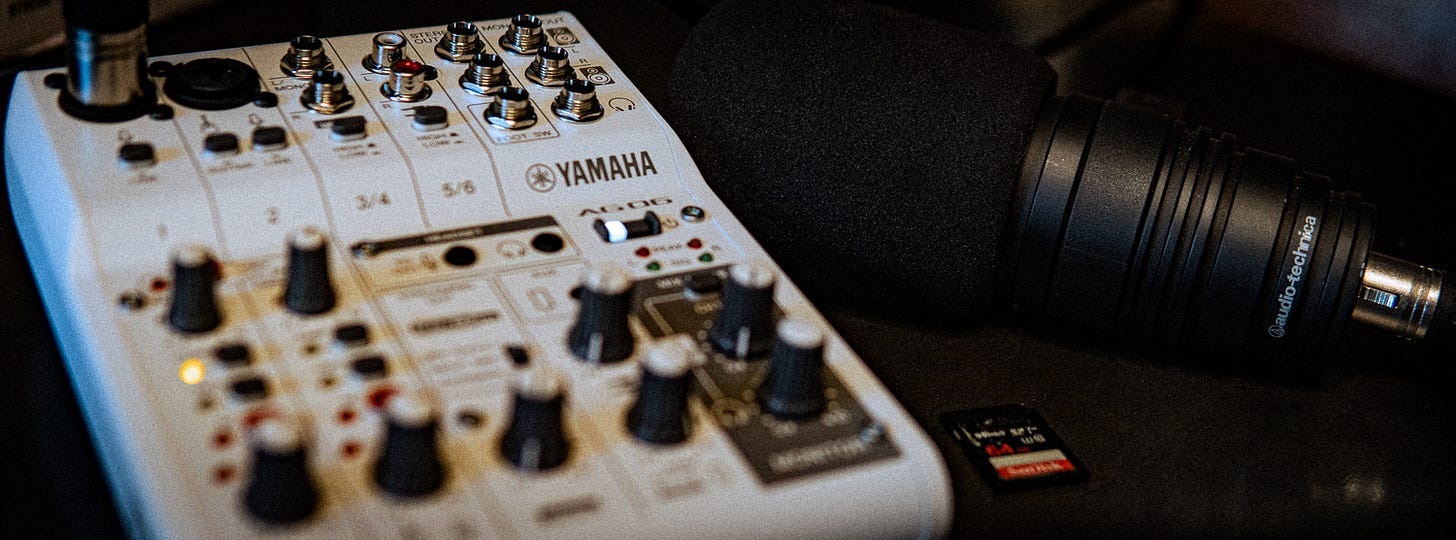﷽
Welcome to Episode Four of the Middle Ground Podcast. This is Part II of our conversation on cultivating virtues. I’m joined again by brother Dawud Aleman from For this episode I’m joined again by brother Dawud Aleman. As usual, we discuss all topics in light of the Qur’ān and statements from the Prophet, ﷺ.
Āyāt, aḥādīth, and other references in this episode:
Sūrah al-Insān, v. 13: “never seeing a scorching sun or bitter cold”;
Sūrah al-Baqarah, v. 45-46: “seek help through perseverance and prayer. Indeed, it is a a major difficulty except for the khāshi’ūn”;
A note about the 46th verse here:
ٱلَّذِينَ يَظُنُّونَ أَنَّهُم مُّلَـٰقُوا۟ رَبِّهِمْ وَأَنَّهُمْ إِلَيْهِ رَٰجِعُونَ
“…those who are certain that they will meet their Lord and to Him they will return.”
In the verse, the word “mulāqū/ملقوا” is a noun. When you use a noun in place of a verb (and where you could use a verb), it can convey a sense of permanence, continuity, or an ongoing state of being, rather than just a one-time action. Here, “mulāqū/ملقوا” implies that the khāshi’ūn (the people/practitioners of khushū’ from the preceding verse) consider themselves continually and eternally in the presence of their Lord, emphasizing the enduring truth that they are going to meet Him and return to Him.
If the verse were to articulate “mulāqū/ملقوا” as “yulāqū/يَلْتَقُوا” (“they will meet”), it would imply a one-time future meeting, a meeting which might come to and end and would imply that there is something else after going back to Allāh.
You can follow brother Dawud at GBlevate on Instagram and Substack;
You can follow me on Instagram and X (formerly Twitter) as well;














